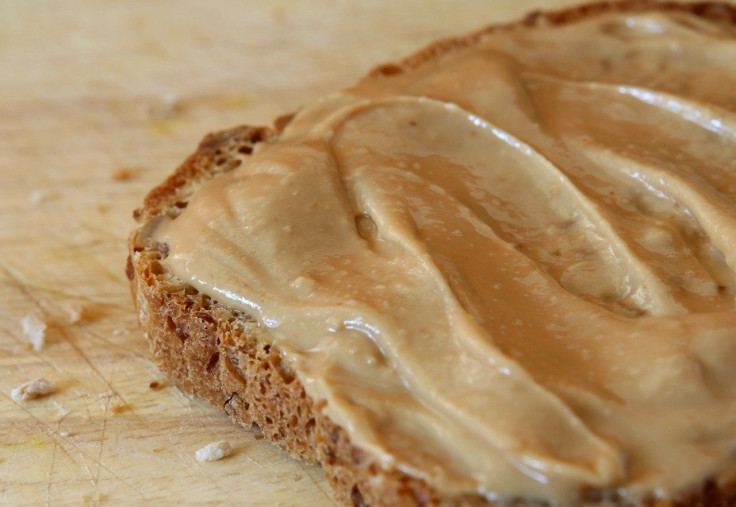Salmonella Outbreak Linked To Jif Peanut Butter Is 'Over': CDC
KEY POINTS
- There were no deaths linked to the Salmonella outbreak
- Consumers are still being advised to check their homes for any recalled products
- People should follow key food safety steps to prevent Salmonella
The Salmonella outbreak linked to Jif peanut butter is "over" now, according to the U.S. Centers for Disease Control and Prevention (CDC).
In total, 21 people from 17 states fell ill with the outbreak strain and four of them had to be hospitalized. During an investigation, all the 13 people authorities interviewed reported eating peanut butter in the week prior to falling sick. Specifically, they all consumed Jif brand peanut butter.
Following this, J.M. Smucker recalled certain lots of Jif peanut butter products in May. Some other companies that used the affected peanut butter in their products, such as snack packs, candies and peanut butter cups, followed suit.
According to the CDC, the recalled products shouldn't be available in stores anymore. However, people should still check their homes for any of the recalled items since peanut butter tends to have a long shelf life. Those who have them should "never" consume them or feed them to their pets or other animals, the agency stressed.
Salmonella outbreak linked to Jif peanut butter is over. Recalled peanut butter and foods made with recalled peanut butter should no longer be in stores but could still be in your home. Check to see if you have any and throw them out or return them. https://t.co/XgxvMICvUY pic.twitter.com/cMZwYKbFDq
— CDC (@CDCgov) July 27, 2022
While the Salmonella outbreak is already over, the CDC has urged people to stay updated on any product recalls, as well as outbreaks, so they won't get sick from consuming contaminated food.
To avoid getting sick from Salmonella, which can cause symptoms such as fever, diarrhea and stomach cramps, the agency said people should follow four food safety steps: Clean, Separate, Cook and Chill.
"Clean" involves washing one's hands thoroughly with soap and water for 20 seconds before, during and after preparing food, as well as before eating. It also means making sure to wash fruits and vegetables, as well as the items and surfaces used to prepare food.
It's also important to "Separate" the different types of food, whether in the refrigerator or while grocery shopping, and even the items used to prepare them. This is to avoid cross-contamination.
Cooking them to the right internal temperature is key to killing any germs that can cause illness. The CDC has also provided a list of the safe minimum internal temperature needed to cook various food types such as eggs, turkey, ham and venison.
Lastly, don't forget to "Chill" perishable food within two hours instead of leaving them out at room temperature. Frozen food should be thawed in the refrigerator or in cold water, as bacteria can quickly multiply at room temperature.

© Copyright IBTimes 2025. All rights reserved.






















